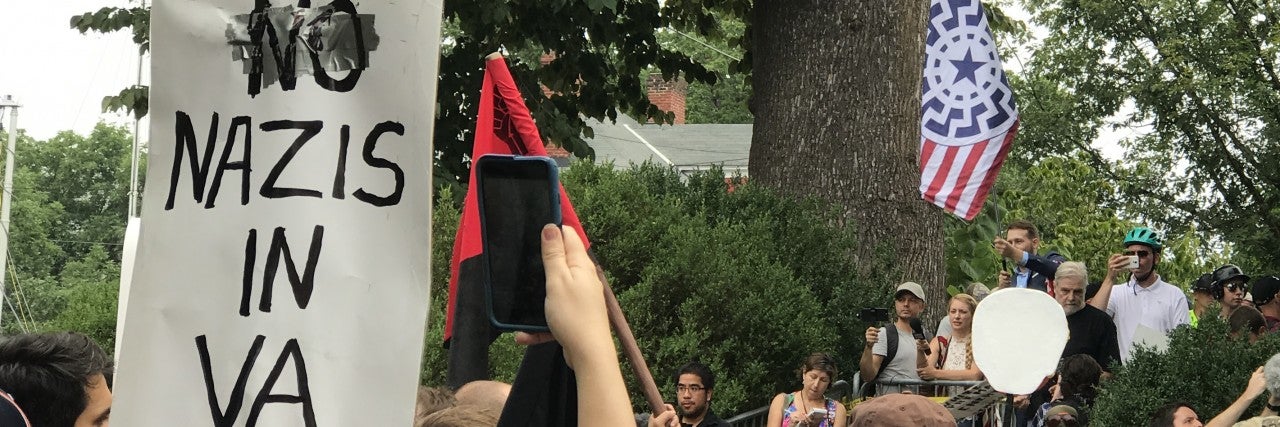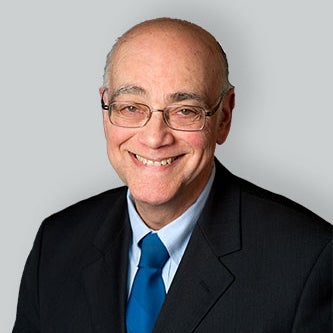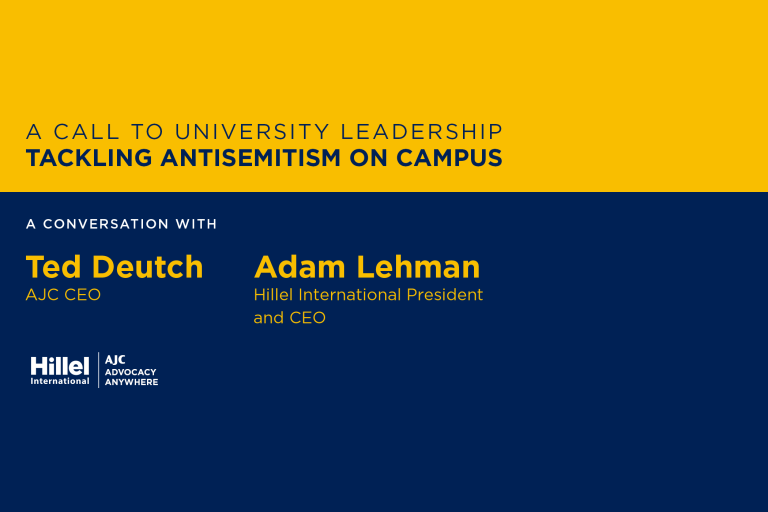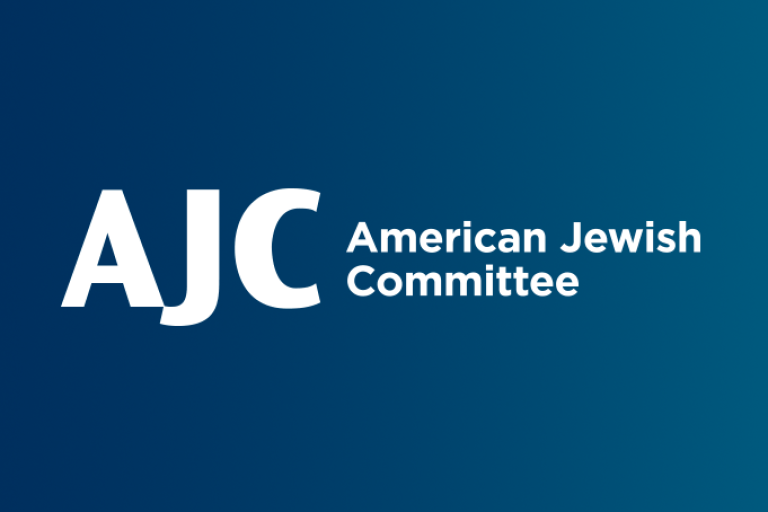August 29, 2017
What happened at the “Unite the Right” rally on August 12 in Charlottesville, Virginia, was both a battle in the longstanding war over Confederate memorials and, more broadly, the latest episode in the blood-soaked, centuries-old history of racism in America.
But for baby-boomer Jews like me, the rally, its rhetoric, and the violence that day came as a thunderbolt out of the blue, delivering an additional—and very unexpected—message: old-style antisemitism is back, alive, and well in America.
I grew up in post-World War II New York on the assumption that our country was different, that the Jew-hatred my Old World ancestors experienced couldn’t take root here, that the Holocaust survivors I met came from a foreign universe that had nothing to do with me. Yes, I heard and read about Americans who didn’t like Jews, like Henry Ford, Father Coughlin, and the German-American Bund, but they were long gone. Americans had defeated Hitler and negated all he stood for, most definitely including antisemitism. And there was proof—for all his reckless red-baiting during the early 1950s, Senator Joseph McCarthy studiously avoided antisemitism, and even the conviction and execution of the Jewish atomic spies Julius and Ethel Rosenberg did not arouse a noticeable anti-Jewish reaction. What’s more, Jewish quotas in universities were a thing of the past, and an internationally recognized Jewish State of Israel had joined the family of nations. No, I was not naïve. I knew about George Lincoln Rockwell, founder of the American Nazi Party, and the Ku Klux Klan, but they were few, far away, and surely outside the American mainstream. I reached adulthood without encountering any overt prejudice or meeting a single open antisemite.
As the years passed, Nazi-style racial antisemitism was so deeply buried in the history books that the international anti-Israel wave that began in the 1970s had to be called the “new” antisemitism. As the experts explained, Jew-hatred was a mutating virus: now it no longer targeted Christ-killers and usurers—all of that was backward and passé—but rather Zionists. This “new” version declared that Jews were the one people that did not merit a sovereign state. Thus was born the narrative that led to today’s BDS movement that finds such favor with many on the far left—since a Jewish state is illegitimate, boycotting, divesting from, and sanctioning Israel was the “chic” thing to do.
But while we were fighting BDS and combating anti-Zionism, the antisemitism of our grandparents’ and great-grandparents’ time was making a comeback. We did take it seriously, but not that personally, since it was happening miles away, on the other side of the Atlantic, where Jews were being targeted for insult, attack, and even murder in the streets of European cities, and since so many of the perpetrators were Muslims, it was hard to perceive the connection to the antisemitism of the past.
Charlottesville, though, brought it home—at least to me. At a rally ostensibly organized to protest plans to remove a statue of General Robert E. Lee, the hundreds of white supremacists, neo-Nazis, and Klan members, many carrying banners emblazoned with swastikas and signs declaring, “Jews are Satan’s children”; making the Nazi “Sieg Heil” salute; and bellowed antisemitic chants having nothing to do with Lee or with statues: “Jews will not replace us,” they cried, as well as “Blood and Soil,” the English translation of the Nazi slogan “Blut und Boden.” And who can forget the white supremacist filmed telling a reporter that he was waiting for a white leader more extreme than President Trump, one who would not “give his beautiful daughter” to a Jew?
And apropos the President, there was his baffling response—or rather dizzying series of responses—to Charlottesville, sometimes blaming those on “many sides” for the violence, at other times calling out the Ku Klux Klan, neo-Nazis, and antisemites by name, but in a way that suggested he was reluctantly checking off the boxes to forestall expected complaints from the media.
Do these hundreds of demonstrators signify a trend that Jews should worry about? And is President Trump’s reluctance to issue an unambiguously heartfelt denunciation anything more than one man’s idiosyncrasy? Ominously, an ABC News/Washington Post survey taken soon after the rally found that 9 percent—equivalent to about 22 million people—do not consider neo-Nazi and white supremacist views unacceptable, a figure that rises to 17 percent among strong Trump supporters.
American Jews have reason to worry. And since what starts with Jews never just ends with them, so, it should be said, do all Americans.
Lawrence Grossman is the American Jewish Committee's director of publications.
This article was originally published on Times of Israel.
Photo source: By Anthony Crider (Charlottesville "Unite the Right" Rally) [CC BY 2.0 (http://creativecommons.org/licenses/by/2.0)], via Wikimedia Commons



